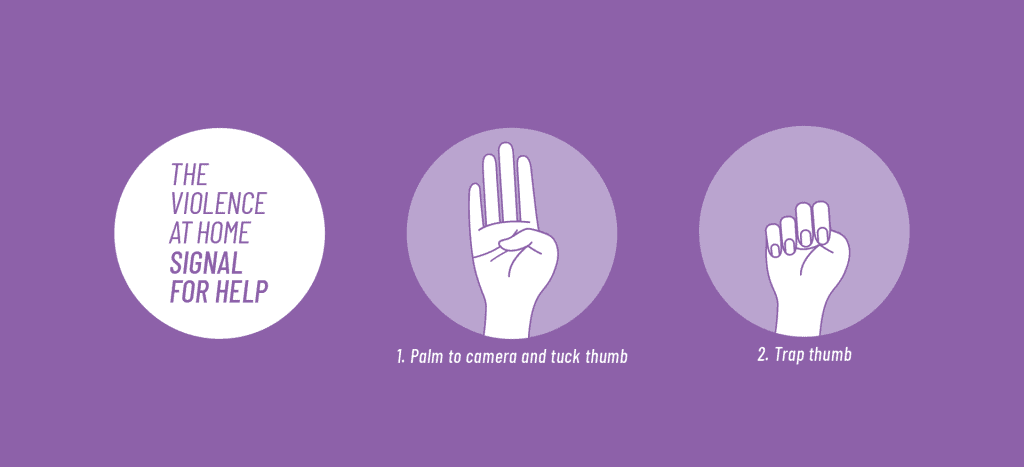Online sex ads rebound, months after shutdown of Backpage
Posted Nov 28, 2018 04:32:40 PM.
This article is more than 5 years old.
DALLAS — Smaller escort websites are vying for the lucrative online sex-for-hire market Backpage.com dominated before U.S. authorities shut it down earlier this year, a move that fractured the industry and forced law enforcement to adapt their efforts combating sex trafficking.
Online sex ads plunged in April following Backpage’s seizure and President Donald Trump’s signing of legislation aimed at websites that facilitate sex trafficking. But a new analysis finds the drop in the number of ads may have been short-lived.
According to Pittsburgh-based software company Marinus Analytics, there were about 146,000 online sex ads posted per day in the U.S. on leading escort websites from mid-September to mid-October — and the company expects the total for this month to be even higher.
In contrast, there were about 133,000 such ads posted on Backpage in the month before its shutdown, Marinus Analytics found.
Instead of backing away amid the government crackdown on sex trafficking, some escort websites are doubling down on their business model and see the Backpage shutdown as an opportunity to expand, said Emily Kennedy, Marinus Analytics’ president and co-founder.
“They’re really competing with each other for that spot now and so we’re seeing frequent activity at this point,” she said, adding that as long as the business remains lucrative, “people are going to figure out a way to advertise it.”
It’s unknown if many of the escort websites looking to expand will eventually meet the same fate as Backpage.
Despite the increase, some experts caution against correlating a rise in sex ads with an increase in sex trafficking. They say sex ads can be fake or duplicates from other websites and interest from sex buyers remains low compared to the Backpage era 7/8— a conclusion one expert tied to the lower number of responses garnered by fake sex ads posted on escort websites.
As for counting double counting ads, Kennedy said the company has a process to determine if a website has high number of ads that are not legitimate. Those aren’t included in the tally, she said. Kennedy said the sex ads “implicitly or explicitly state the selling of sexual services,” often through coded language.
To attract clients, experts say, escort websites want a large presence of sex ads to appear popular and robust.
Sex workers and their advocates have criticized the seizure of Backpage, saying the shutdown removed a tool that workers used to screen clients.
In Nevada, federal authorities have seen firsthand the impact of online sex ads in the post-Backpage market. When police found a 15-year-old girl at a Las Vegas motel in September, she was hundreds of miles from her Texas home and had been sold for sex in numerous online ads, according to federal court records.
Later, talking with investigators, she reported having sex with about 40 clients and said she worked as a prostitute under the direction of a man who promised her safety, money and a place to live if she followed his rules.
Law enforcement and victim advocates are quick to praise Backpage’s shutdown, but some say the platform was also a key tool in arresting sexual predators. With a scattered marketplace, law enforcement and others say those fighting sex trafficking must adapt.
“Clearly, technology becomes more important than ever,” said Rob Spectre, CEO and founder of a company that uses artificial intelligence to prevent online sex trafficking.
In the past, a rural law enforcement agency might take a family photo of a sex trafficking victim and comb through ads posted on Backpage, searching for a match. Now, he said, such an effort is going to be “very difficult.”
Spectre said law enforcement must be a driving force behind the adoption of technologies such as Traffic Jam, software created by Marinus Analytics that collects online classifieds from top escort ad websites and allows law enforcement to search for specific information, such as a phone number.
A facial recognition tool has also been used to rescue underage sex trafficking victims, according to Kennedy.
“So it really, really cuts down on the time it takes to find these victims in a space where finding them quickly is so crucial,” she said.
To Cook County Sheriff Tom Dart, law enforcement will have to throw out a wider net online to fight sex trafficking, such as putting lots of ads on various websites. He described the market as a “very chaotic mess,” but the goal with the shutdown of Backpage was to disrupt a website that was normalizing an activity that was destroying people’s lives.
There are also concerns of where the market might go next.
Margie Quin, an assistant professor at Cumberland University in Tennessee, said an escort website could start selling ads for the American market after setting up operations overseas in a country that does not work well with the U.S. Such a move could weaken the ability to extract evidence and prosecute a case, said Quin, a former assistant special agent in charge at the Tennessee Bureau of Investigation.
“As long as demand is still around, the crime will still be committed,” she said.
Ryan Tarinelli, The Associated Press








